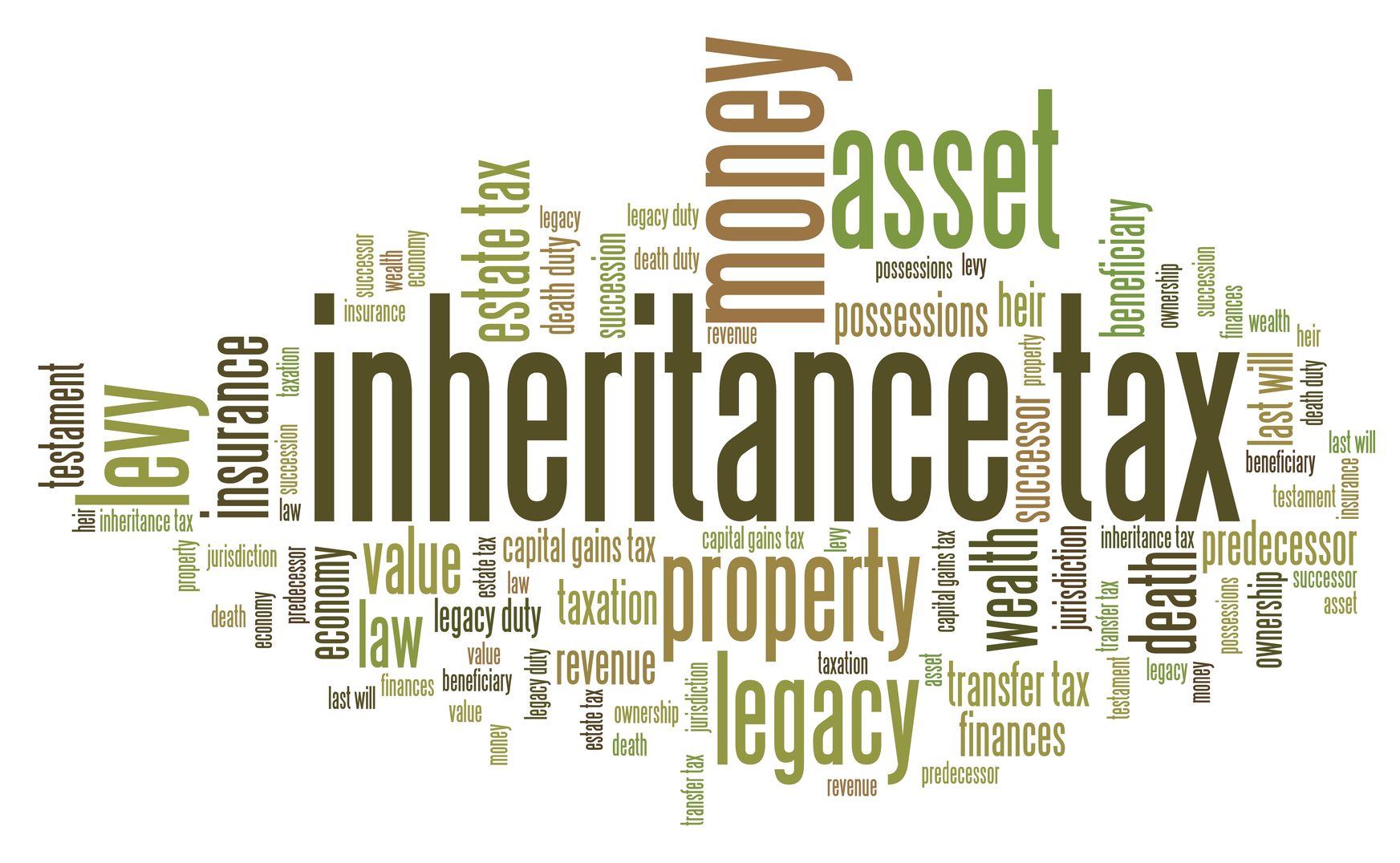
Inheritance Tax
As the graph shows, IHT receipts have been growing steadily in recent years. This tax year’s IHT payments are projected to be £5,500 million, over double the amount raised eight years ago. The introduction of the residence nil rate band in 2017/18 has slowed the projected rate of increases, but not reversed the trend. The main reason for that is that the nil rate band has been frozen at £325,000 since April 2009. It is currently not due to increase until April 2021.

The annual opportunities
As part of your year-end planning, there are three main yearly exemptions which you should consider using by 5 April:
1. The Annual Exemption Each tax year you can give away £3,000 free of IHT. If you do not use all of the exemption in one year, you can carry forward the unused element, but only to the following tax year, when it can only be used after that year’s exemption has been exhausted.
For instance, if you did not use the annual exemption in the last tax year, 2017/18, you can still use it by 5 April 2019, but only once you have fully used the 2018/19 exemption. Thus, a gift of up to £6,000 (£12,000 for a couple) can escape IHT.
2. The Small Gifts Exemption You can give up to £250 outright per tax year free of IHT to as many people as you wish, so long as they do not receive any part of the £3,000 exemption. The more grandchildren, nieces and nephews you have, the more useful is this exemption.
3. The Normal Expenditure Exemption The normal expenditure exemption is potentially the most valuable of the yearly IHT exemptions. Any gift is exempt from IHT provided that:
a. you make it regularly;
b. it is made out of income (including ISA and other tax-free income); and
c. it does not reduce your standard of living.
There are no cash limits to the normal expenditure exemption. You can gift dividend or other investment income which would otherwise usually be reinvested, with the normal expenditure exemption covering the gift.
If you make a gift by cheque, what matters for tax year timing purposes is the clearing date. With the final day of the tax year a Friday, you should be wary of writing cheques in the first week of April – far better to use internet banking to make near instant transfers.
ACTION
The end of the tax year is coming ever nearer, as is the Spring Statement. That might just yield the odd unwelcome surprise, not least because the final part of the IHT simplification report is due. The time to start your planning is now.
Past performance is not a reliable guide to the future. The value of investments and the income from them can go down as well as up. The value of tax reliefs depend upon individual circumstances and tax rules may change. The FCA does not regulate tax advice. This blog is provided strictly for general consideration only and is based on our understanding of law and HM Revenue & Customs practice as at January 2019 and the contents of the Finance (No 3) Bill 2017-19. No action must be taken or refrained from based on its contents alone. Accordingly, no responsibility can be assumed for any loss occasioned in connection with the content hereof and any such action or inaction. Professional advice is necessary for every case.
Professional advice is necessary for every case; we would love to hear from you…
March 2019

